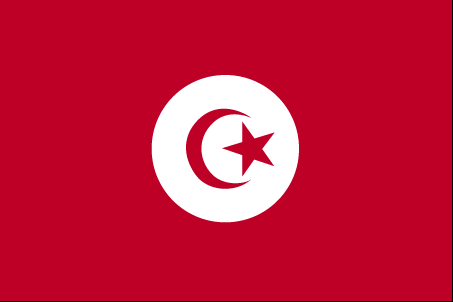Nationals of most Western European countries can stay in Tunisia for up to three months without a visa – you just roll up at the port or airport and collect a stamp in your passport. Americans, Canadians, Germans and Japanese can stay up to four months. Other nationalities have to apply for a visa before travel.
Australians and South Africans travelling independently can get a three-month visa at the airport for US$8. Other nationalities need to apply before they arrive; the visa costs US$7 and takes three to four weeks in person or six weeks via post, and the length of stay is up to the embassy.
Israeli nationals are not allowed into the country, apart from on group trips organised from Israel.
Visa extensions
Extending a visa is a process to be avoided. Applications can be made only at the Interior Ministry on Ave Habib Bourguiba in Tunis. They cost US$2 to US$8 (payable only in timbres fiscales, revenue stamps) and take up to 10 days to issue. You’ll need two photos, and may need bank receipts and a facture (receipt) from your hotel, for starters. It’d be easier to leave the country and return to get another three-month stint.
Visas for onward travel
If you’re planning on travelling to Algeria (check travel warnings before you do so) or Libya (difficult) you should apply for visas in your home country.
